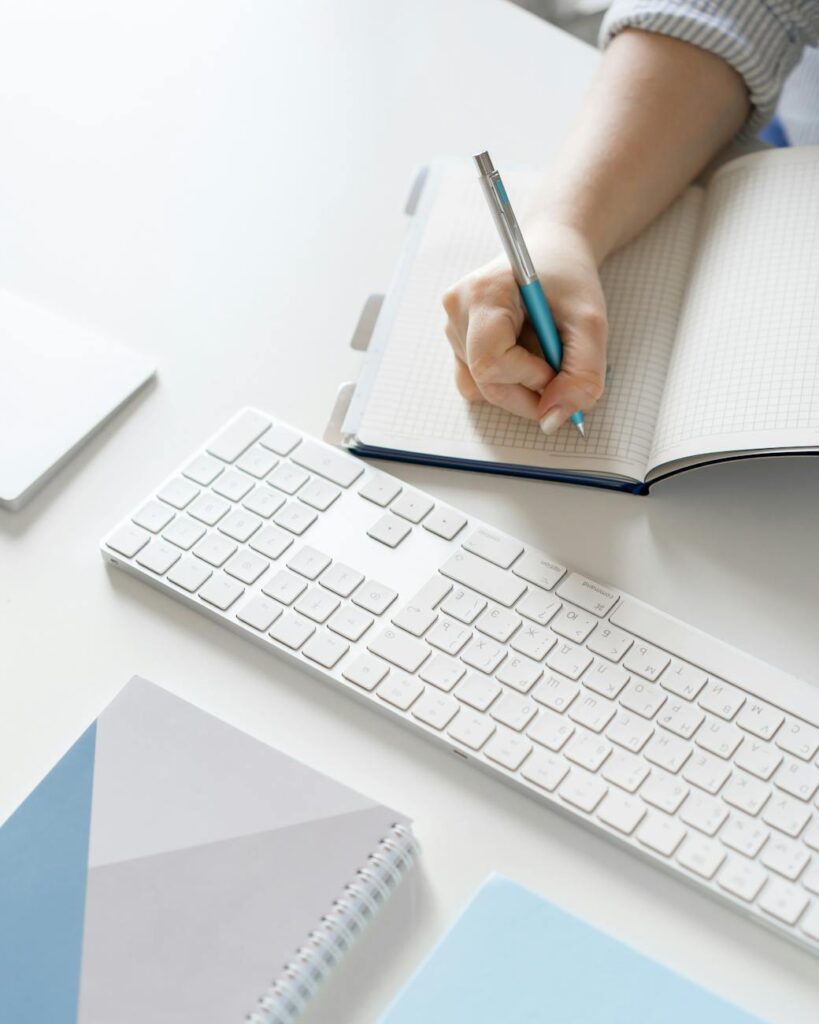What is sensory tools?

What is sensory tools?
In our fast-paced world, distractions can easily pull us away from our tasks, leaving us feeling unfocused and overwhelmed. Have you ever found yourself fidgeting with a pen while trying to concentrate? This is where sensory tools come into play. These are innovative instruments designed to stimulate our senses, helping us enhance focus, improve productivity, and reduce stress. Let’s dive into the concept of sensory tools and explore how they can transform our daily lives.
Understanding Sensory Tools
Sensory tools are specially designed items that engage one or more of our five senses: sight, sound, smell, taste, and touch. Their primary purpose is to aid concentration and mitigate stress by providing sensory feedback. Imagine a crowded room filled with chatter; a sensory tool can help center your mind, cutting through the noise and allowing you to focus on the task at hand.
For instance, the gentle rhythm of a stress ball being squeezed can redirect your attention while simultaneously releasing pent-up tension. This simple act can significantly impact your ability to stay grounded and present during a hectic day.
Types of Sensory Tools
When it comes to sensory tools, variety is the spice of life. Here are some popular options:
- Fidget Spinners: These small, handheld devices allow users to spin them between their fingers. They can improve focus and alleviate restlessness, making them ideal for both kids and adults.
- Stress Balls: Simple yet effective, stress balls can be squeezed to release tension and anxiety. They come in various textures and shapes to cater to different preferences.
- Sensory Cushions: These inflatable or foam cushions provide tactile stimulation and can be used to promote better posture while sitting. They’re particularly useful in classrooms or offices.
- Weighted Blankets: Designed to provide a comforting pressure, weighted blankets can help calm the nervous system, making them great for promoting relaxation during stressful times.
These tools not only serve as distractions but also enhance sensory experiences, helping to anchor us during moments of chaos.

Photo by Анна Шаталова
Benefits of Using Sensory Tools
Incorporating sensory tools into your routine offers numerous advantages:
- Stress Relief: Engaging with sensory tools can significantly reduce anxiety and stress levels. For instance, squeezing a stress ball can lead to immediate relaxation.
- Improved Focus: By redirecting your energy into a tactile activity, you can enhance your concentration on essential tasks. This is especially helpful for those with ADHD or similar challenges.
- Enhanced Learning: Studies suggest that using sensory tools can improve retention and understanding of information. They provide a tactile experience that complements traditional learning methods.
For more on the benefits of sensory tools, check out this insightful article from Positive Circle.
How to Incorporate Sensory Tools into Daily Life
Integrating sensory tools into your daily routine can be a game-changer. Here are some practical tips:
Choosing the Right Sensory Tool
Finding the right sensory tool is essential. Consider these factors:
- Personal Preferences: What types of sensory feedback resonate with you? Do you prefer tactile, visual, or auditory tools?
- Specific Needs: Are you looking for stress relief, focus enhancement, or something else? Defining your goals can guide your selection.
- Effectiveness: Experiment with different tools to determine which ones yield the best results for you.
Creating a Sensory-Friendly Workspace
Your environment plays a critical role in how effective sensory tools can be. Here are some strategies to create a sensory-friendly workspace:
- Designate a Sensory Area: Set up a specific corner in your workspace where you can keep sensory tools readily available.
- Minimize Distractions: Aim for a clutter-free environment that promotes focus. The fewer distractions, the better you can utilize sensory tools.
- Adjust Lighting and Sounds: Experiment with lighting and background noise. Some may prefer soft lighting and gentle sounds, while others might thrive in silence.
Potential Challenges and Considerations
While sensory tools can be incredibly beneficial, there are some challenges to consider.
Overstimulation Risks
It’s easy to become overwhelmed by sensory input, especially in a bustling environment. Recognizing signs of overstimulation—such as irritability, anxiety, or difficulty concentrating—is vital. If you notice these signs, it may be time to step back and reassess the sensory tools you’re using.
Finding Balance
Balancing sensory tool usage with other productivity techniques is essential. Here are some strategies:
- Set Time Limits: Use sensory tools for short periods, allowing time for focused work without distractions.
- Combine Techniques: Pair sensory tool usage with techniques like the Pomodoro Technique, which alternates between work and short breaks, enhancing productivity overall.
Conclusion
Sensory tools can significantly enhance productivity, focus, and overall well-being. By exploring and implementing these tools, you can discover what works best for you. Whether you’re a student trying to stay engaged during lectures or a professional seeking to improve workplace efficiency, sensory tools offer a practical solution. So why not give them a try and see how they can transform your daily experience? Embrace the journey towards a more focused and productive life!